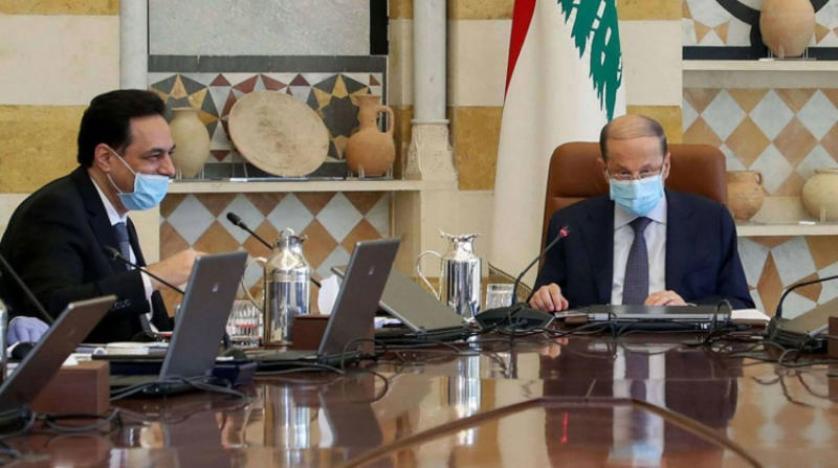Lebanon’s draft economic rescue plan, currently being discussed by the cabinet, was met with international concerns. Approving the plan without introducing fundamental changes will harm the economic and banking scene in Lebanon, which is based on a free economic system.
The rescue plan may also hinder foreign support for the small Levantine country.
Asharq Al-Awsat learned from Western diplomatic sources in Beirut that a number of European ambassadors in Lebanon had informed concerned authorities and public figures that the rescue plan is not suitable as a general framework to stop the economic and financial collapse.

Sources, who requested anonymity, considered that it is not acceptable for a rescue government to present the international community and global monetary institutions with such a plan, given that it will further undermine confidence in Lebanon.
Former Lebanese prime minister Saad al-Hariri on Friday criticized the government over a draft program for tackling a major financial crisis, saying it appeared on course for an “economic suicide plan”.
The draft that surfaced this week included a proposal for “a transitory exceptional contribution from large depositors” as part of measures to address huge losses in the financial system, among other politically difficult measures.
Finance Minister Ghazi Wazni, in comments to an-Nahar newspaper on Friday, said the government plan “did not yet get to restructuring the banking sector and it is still studying the available options”.
The government blueprint projected $83.2 billion of losses in the banking sector stemming from the impairment of assets held by the central bank, the impairment of banks’ loans portfolio and government debt restructuring.
The draft plan said a phased restructuring of commercial bank balance sheets would include a full bail-in of existing shareholders estimated at $20.8 billion in capital write-offs, with the remaining $62.4 billion covered by the “transitory exceptional contribution from large depositors”.
A special fund would compensate depositors’ losses, with the proceeds coming from a program that will track and recover ill-gotten assets.
(Asharq Al-Awsat )

Leave a Reply
You must be logged in to post a comment.